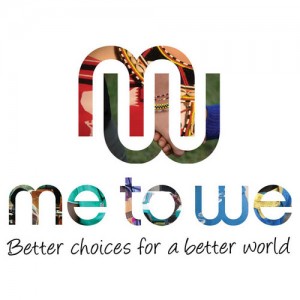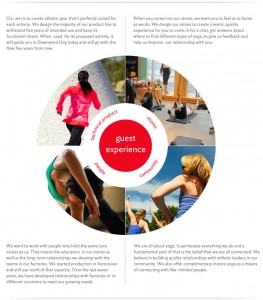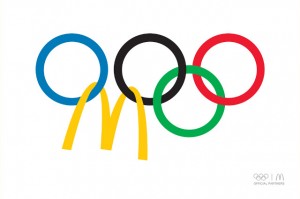When I was in high school, I was very involved with the Me to We club. At one point we were selling Me to We T-shirts as a fundraiser and I found myself explaining to people that Me to We is a social enterprise where 50% of all their profits go towards their partner charity Free the Children, a charity that seeks to empower youth to make a difference in the world. I explained that their shirts were made in sweat-shop free environments with sustainable resources. For every shirt sold, one tree would be planted in a developing community. Even though I said all of this, I never truly understood what a social enterprise is until now. Me to We is also a lifestyle, a culture.
WE Day- Inspiring a Generation of Youth
Every year thousands of students in Canada and the United Kingdom are inspired at WE Day to become a part of this culture. Through chants like “We are the Change”, and models of the founders wearing Me to We Style, the culture of Me to We becomes more engrained into the lives of the students. As a social enterprise, Me to We doesn’t measure their success by the profits they make, but by the number of lives they have impacted.
To better understand the story behind Me to We, check out this webiste:
http://www.metowe.com/about-us/our-organization/social-enterprise-an-innovative-new-model/
Image From:
http://schoolsites.granderie.ca/ddss/files/ddss/u40/me_to_we_logo.jpg





